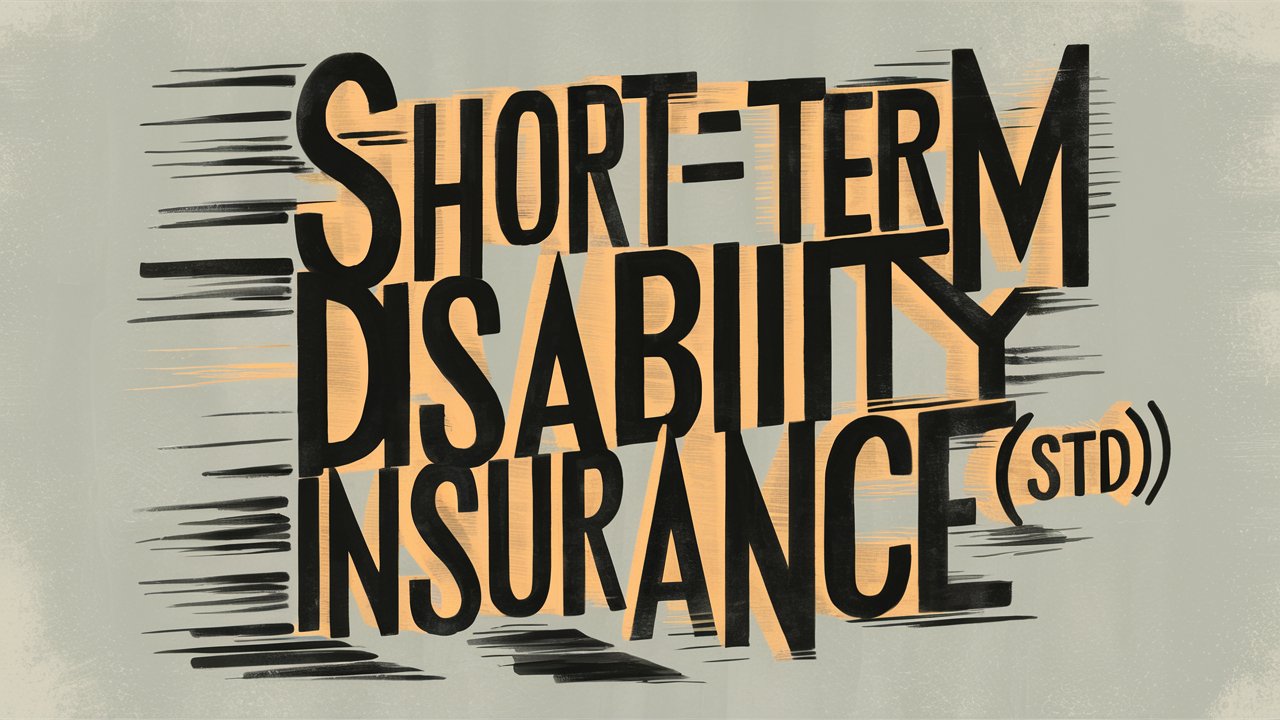Introduction
When we think of disability insurance, our minds often gravitate towards the safety net it provides in the event of an unexpected illness or injury. It’s a comforting thought to know that, should the worst happen, we are protected financially. However, the process of claiming disability insurance is not always straightforward. Enter the disability insurance attorney: a specialized lawyer whose primary role is to help clients navigate the often complex and frustrating world of disability insurance claims. But beyond the legal jargon and courtroom battles, there is an unexpected side to these attorneys that many are not aware of. This post delves into the lesser-known aspects of disability insurance attorneys, shedding light on their crucial yet often overlooked contributions to the lives of their clients.
The Role of a Disability Insurance Attorney
To fully appreciate the unexpected side of disability insurance attorneys, it’s essential to understand their primary functions. Disability insurance attorneys are legal professionals who specialize in representing clients seeking disability benefits from insurance companies or government programs. Their responsibilities include
- Assessing Claims
Evaluating the validity and strength of a client’s disability insurance claim.
- Documentation
Gathering and organizing medical records, employment history, and other pertinent documentation.
- Filing Claims
Ensuring that claims are submitted correctly and on time.
- Negotiation
Engaging with insurance companies to negotiate settlements or dispute denials.
- Litigation
Representing clients in court if their claims are unjustly denied.
While these tasks form the core of their profession, disability insurance attorneys often find themselves taking on roles that go beyond the traditional scope of legal representation.
Emotional Support and Advocacy
One of the most unexpected roles that disability insurance attorneys play is that of an emotional support system. Clients seeking disability benefits are often dealing with significant physical, emotional, and financial stress. For many, the process of fighting for their rightful benefits can be overwhelming. Attorneys, therefore, become more than just legal representatives; they become advocates and confidants.
Building Trust and Empathy
Disability insurance attorneys often build deep, trusting relationships with their clients. They listen to their stories, understand their struggles, and empathize with their situations. This empathetic approach not only helps in gathering the necessary information to build a strong case but also provides clients with a sense of being heard and supported.
Providing Hope and Reassurance
For clients who feel hopeless after a claim denial, attorneys can be a beacon of hope. They reassure clients of the potential for a positive outcome and provide them with the motivation to persevere. This emotional support is invaluable, especially for those who may feel isolated or defeated by the system.
Educating and Empowering Clients
Another unexpected aspect of disability insurance attorneys’ work is their role as educators. The process of filing a disability claim can be convoluted and intimidating for individuals unfamiliar with legal and insurance jargon. Attorneys take on the responsibility of educating their clients about their rights and the intricacies of the claims process.
Demystifying the Legal Process
Attorneys break down complex legal concepts into understandable terms, helping clients grasp what to expect at each stage of their claim. This education empowers clients, giving them the knowledge to make informed decisions about their case.
Encouraging Self-Advocacy
By educating clients, attorneys also encourage them to become their own advocates. Understanding their rights and the process gives clients the confidence to speak up and participate actively in their case, rather than feeling like passive bystanders.
Navigating Systemic Challenges
The disability insurance system is fraught with challenges, including bureaucratic red tape, stringent requirements, and often, a lack of transparency. Disability insurance attorneys must navigate these systemic challenges to secure benefits for their clients.
Overcoming Bureaucratic Hurdles
Attorneys are skilled in maneuvering through the bureaucratic intricacies of insurance companies and government agencies. They know how to push through delays, counter unreasonable requests for additional information, and keep the process moving forward.
Challenging Unfair Practices
In many cases, attorneys must challenge unfair practices by insurance companies, such as unjust claim denials or delays in processing. They hold these companies accountable, ensuring that clients receive the benefits they deserve.
The Financial Realities
While disability insurance attorneys provide invaluable services, their work also involves navigating the financial realities of their profession and their clients’ situations.
Contingency Fees
Many disability insurance attorneys work on a contingency fee basis, meaning they only get paid if they win the case. This arrangement makes legal representation accessible to clients who might not be able to afford upfront legal fees. However, it also means that attorneys must carefully assess the viability of each case to ensure they can sustain their practice.
Financial Guidance
In addition to legal advice, attorneys often provide clients with guidance on managing their finances during the claims process. This might include advising on budgeting, seeking financial assistance, or finding resources to cover medical expenses while awaiting benefits.
The Human Side of Legal Battles
Beyond the legal documents and courtroom appearances, disability insurance attorneys often encounter deeply human stories of resilience, struggle, and hope.
Witnessing Resilience
Attorneys witness firsthand the resilience of their clients who, despite significant physical or mental challenges, fight for their rights and benefits. These stories of perseverance can be inspiring and humbling for attorneys, reinforcing the importance of their work.
Sharing in Successes
When a case is won, the victory is shared between attorney and client. The relief and joy of securing benefits can be a profound experience, making the arduous journey worthwhile for both parties. These moments of success remind attorneys of the positive impact they have on their clients’ lives.
Unforeseen Challenges
The profession of a disability insurance attorney is not without its challenges, some of which can be unexpected.
Emotional Toll
The emotional weight of dealing with clients’ distressing situations can take a toll on attorneys. They must manage their own emotional well-being while providing support to their clients, often requiring a high degree of emotional intelligence and resilience.
Balancing Caseloads
Attorneys must balance the needs of multiple clients, each with unique and urgent cases. This requires excellent organizational skills and the ability to prioritize effectively to ensure that all clients receive the attention and advocacy they deserve.
The Importance of Continued Learning
The field of disability insurance law is constantly evolving, with new regulations, case law, and medical advancements. Disability insurance attorneys must commit to continuous learning to stay abreast of these changes.
Staying Informed
Attorneys attend seminars, engage in professional development, and read relevant publications to stay informed about the latest developments in disability insurance law. This commitment to learning ensures they can provide the best possible representation to their clients.
Adapting to Change
Adapting to new legal precedents or changes in insurance policies is crucial for attorneys to effectively advocate for their clients. This adaptability is a key skill that enables them to navigate an ever-changing legal landscape.
The Broader Impact
The work of disability insurance attorneys extends beyond individual cases, contributing to broader social and legal impacts.
Advocacy for Policy Change
Through their work, attorneys identify systemic issues within the disability insurance system. They can advocate for policy changes, contributing to a fairer and more transparent process for all claimants.
Raising Awareness
By sharing their experiences and insights, disability insurance attorneys can raise public awareness about the challenges faced by individuals seeking disability benefits. This awareness can lead to greater public support for policy reforms and increased understanding of the importance of disability insurance.
Conclusion
The unexpected side of disability insurance attorneys reveals a multifaceted profession that goes beyond legal advocacy. These attorneys play a crucial role in providing emotional support, educating and empowering clients, navigating systemic challenges, and sharing in the human experiences of resilience and hope. Despite the unforeseen challenges and emotional toll, disability insurance attorneys continue to fight for justice and fairness, making a significant impact on the lives of their clients and the broader legal landscape. Their work underscores the importance of empathy, education, and perseverance in the pursuit of justice, reminding us that behind every legal battle is a deeply human story worth fighting for.
For more details please visit our home page: Click Here

